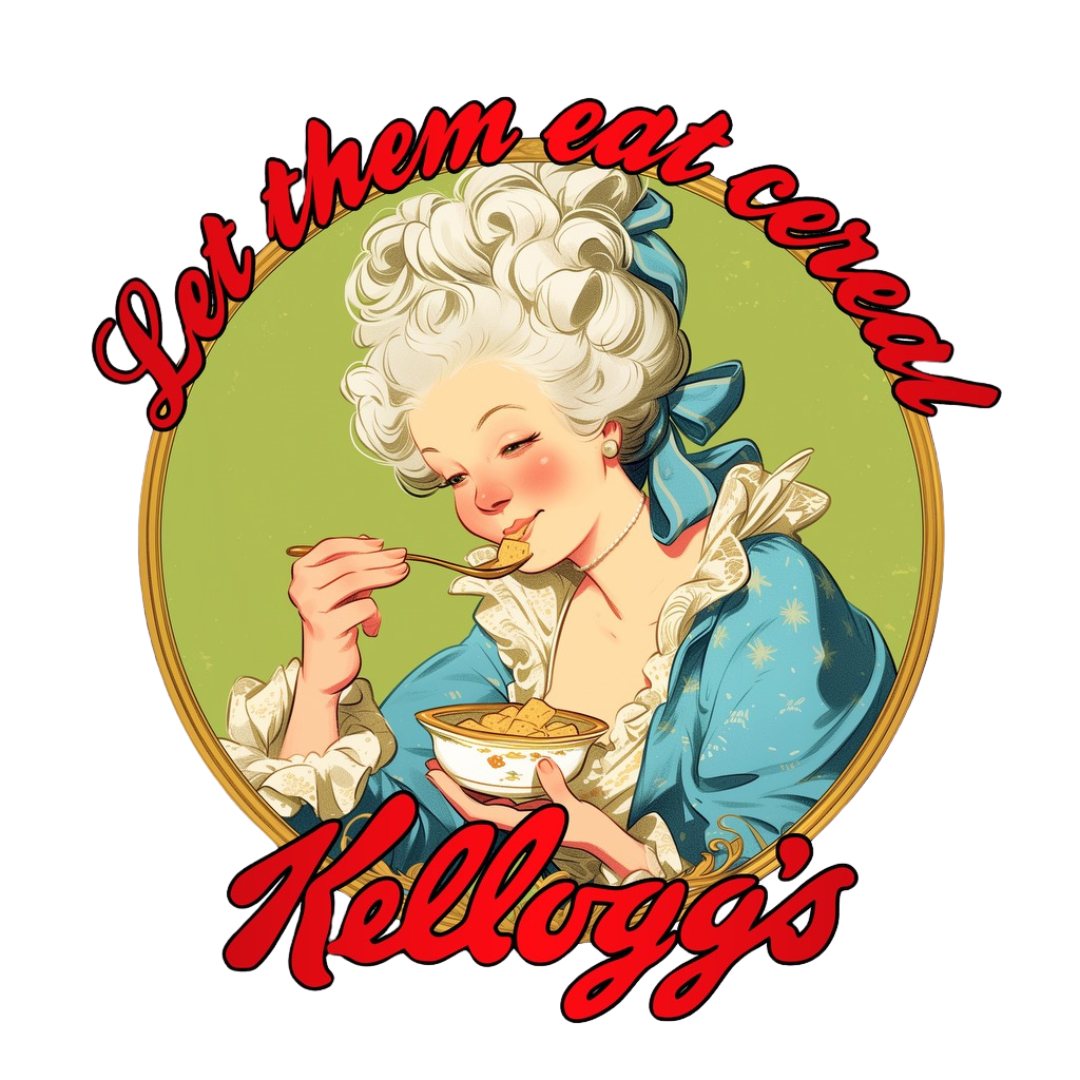Debunking the Breakfast Myth: Frosted Flakes, Cheerios, and the Quest for Corporate Accountability
In the ever-evolving narrative of nutrition and health, certain claims have woven themselves into the fabric of our daily lives. Among them, the assertion that Frosted Flakes are part of a "complete breakfast" stands out as a particularly glaring example of nutritional misinformation. Similarly, the branding of Cheerios as a "heart-healthy" food raises questions about the validity of such claims. This blog isn't about food shaming; it's about exposing the lies and the extent to which corporations have been allowed to spin these narratives, often at the cost of consumer health and well-being.
The Nutritional Myth
The idea that a bowl of sugary cereal constitutes a significant part of a "complete breakfast" is a myth that has been perpetuated by decades of marketing. Nutritional experts argue that these claims overlook the high sugar content and low nutritional value of such products. While marketing materials might show these cereals alongside fruit and milk to convey a sense of balance, the reality is that the cereal itself offers little in terms of nutritional benefits. Similarly, while certain cereals like Cheerios have been marketed as "heart-healthy" due to their whole grain content, the simplicity of these claims fails to account for the overall dietary habits that contribute to heart health.
The Danger of Misinformation
The danger of such marketing strategies lies not only in the promotion of unhealthy eating habits but also in the broader implications of corporate misinformation. By presenting their products as healthier options without full transparency about their nutritional content, food companies have contributed to global health issues, including obesity and heart disease. This misdirection and, in some cases, outright falsehoods, underscore the need for greater accountability in how food products are advertised.
Legal Battles and Accountability
Several cases have highlighted the legal ramifications of misleading health claims. For instance, Kellogg's faced a lawsuit over the false advertising of Frosted Mini-Wheats' ability to improve children's attentiveness. Although settled out of court, the case shed light on the need for truthful marketing. Similarly, General Mills, the maker of Cheerios, has faced scrutiny from the FDA over claims about the cereal's ability to lower cholesterol.
A Call for Transparency and Social Responsibility
The Let Them Eat Cereal movement is about more than just advocating for better prices and quality; it's a call for transparency and social responsibility from corporations. The untold damage caused by years of misleading claims and misinformation has eroded consumer trust and highlighted the need for a systemic change in how food products are marketed and regulated.
We're asking corporations to step up, not only by improving the quality of their products and the conditions for their employees but by committing to honest and transparent communication with consumers. It's time for these companies to acknowledge their role in the global food system and to take responsibility for the impact of their products on public health.
Conclusion
As consumers, we must remain vigilant, question the claims made by food companies, and seek out reliable information to make informed choices about our diets. The journey towards a more transparent and responsible food industry is long, but by holding corporations accountable, we can pave the way for a healthier future for all.
